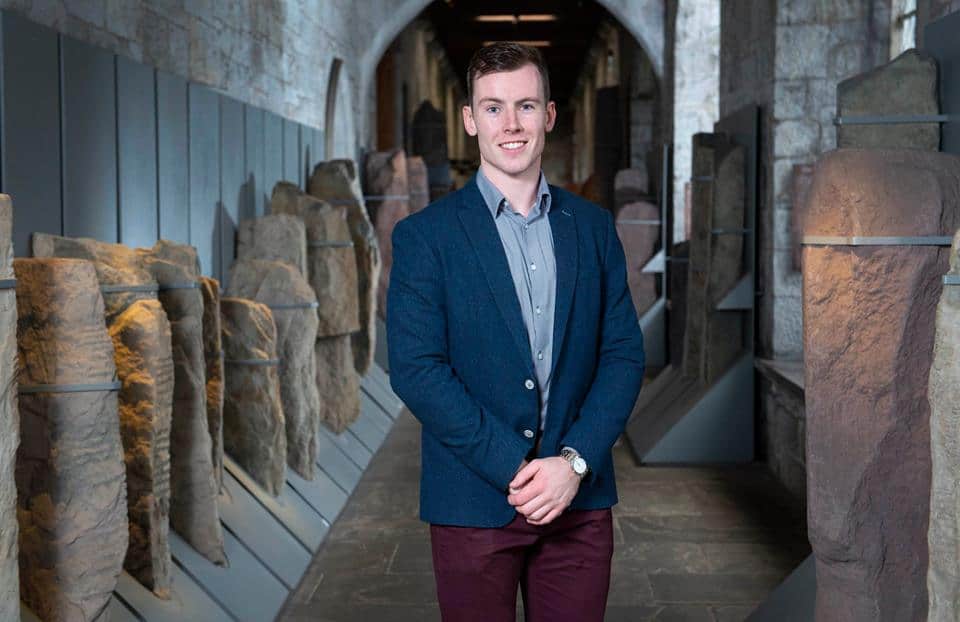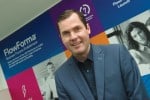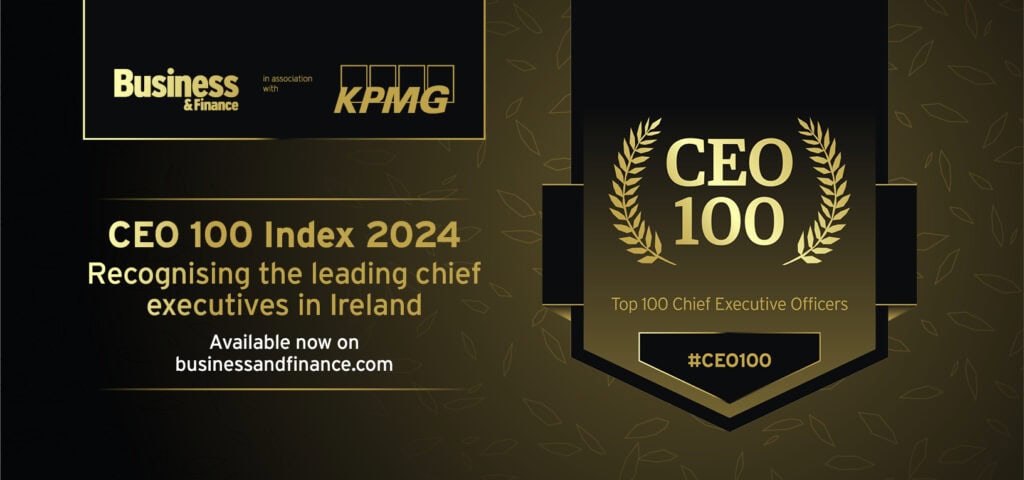Mike Sheehan, CEO of Milis
In our next CEO Q&A, CEO Q&A – Mike Sheehan, CEO of Milis speaks about entrepreneurship, wearing a lot of hats and communicating effectively.
We’re a small company, so I wear a lot of hats. But I could boil it all down to two core responsibilities. First and foremost, I package our technology into a business – understanding customer needs and designing a business model that presents our innovation in the best way to be profitable, and sustainably so. This also involves communicating the demands of the market effectively to our team, and communicating our technology and business effectively to the client. At the intersection between the two is the company’s vision, as I understand it. Secondly I source and secure whatever Milis Bio needs to succeed. The right team, advisors, resources, partners, or customers. Disrupted progress from inconsistent funding. I think seed stage biotech is the epitome of the classic startup “valley of death”. We still have to prove our tech, which makes sourcing funding challenging, but of course we can’t prove our tech without funding. We expect to complete our proof of concept in the 9-12 months after we close our present round of funding. I expect that with that added credibility we’ll be able to pick up some momentum thereafter. The team is still small, and we have a closely shared and passionate vision for the future of Milis Bio. It also helps that we are taking on such a critical issue in the global obesity crisis, and that we have a great team and advisors to make this goal feel so achievable. Motivation has never been an issue for us. The food industry is in the process of adapting to increased innovation, just the same as other areas in biotech and pharma. A certain amount of scepticism is of course healthy, but I think unsubstantiated, baseless fear of GMOs is unhelpful. The scope for these advances is unimaginable. They could bring about remarkable improvements in nutrition, product quality and ultimately quality of life for billions of consumers. With that in mind the choices being made about whether or not to allow them into the food chain need to be based on data rather than hunches. Consumer health consciousness is a huge driver in the food and beverage industry at the moment. Products such as high protein snacks or drinks and functional foods used to be thought of as just for athletes, but today the consumer sees them as a great choice for anybody. The sector is seeing incredible growth, and the attitudes driving that growth are driving choices in other sectors too, with low calorie, high fiber, or all natural claims popping up throughout the supermarket. I think this is not only fantastic for consumer health, but also for healthy ingredient and product startups such as ours looking to enter the market. It is starting to inspire new ideas and support funding of these young companies, which I think is going to encourage development of even healthier, tastier products going forward. At present, no. It may be a while until it becomes palatable to consumers, but I’m a big fan of insect protein. It has been consumed in the east for centuries. Cost effective, cheap to set up, space saving, environmentally friendly, ethical, high quality animal protein. In my opinion what it needs is some marketing wizardry. Our company was formed in 2016, so it was not a concern. We don’t see Brexit as a serious threat to our business. Success for me is a thousand small decisions made well. There are obvious and tangible highlights in the course of a startup that are very fun, and memorable. But they are either the product of critical assessment and creative problem solving, or else luck, which I try not to rely on. I believe focusing on each moment as it comes will carry Milis Bio through to achieve our vision more so than looking around for these big individual wins, and it keeps everything on an even keel whether work is crazy busy or relaxed, tough going or easy. So success is when I go to bed at night and drift right off knowing I did the best that I could each day. The big moments that turn up of their own accord from these little successes would drive me to succeed. I love to pitch at conferences and meet new people, either interested in our work and/or with interesting work of their own. That and family. Entrepreneurship is a contact sport, a mentor of ours told me that and he couldn’t be more accurate, or memorable. My father would always say “if you lose your head, you lose control”. I feel that’s highly relevant in entrepreneurship, where you are almost always under some measure of pressure and are constantly making significant decisions. The range of mentorship and networking opportunities that we were able to take advantage of at the UCC IGNITE program was incredible. We really had access to any kind of expertise we needed. I don’t have a formal education in business so each opportunity was invaluable, I picked up a huge amount of new information. Our focus is almost entirely on our proof of concept at the moment. After we finalise funding we expect to have our core technology validated within 9-12 months, after that we can start partnering with customers to revolutionise flavour. At the moment I am eager to meet with any party that might be interested in hearing more about Milis Bio as an investment opportunity or potential partner.Q. What are your main priorities and goals in your role?
Q. What are your biggest challenges as CEO?
Q. How do you keep your team/staff motivated?
Q. What are the challenges facing the industry going forward?
Q. What new trends are emerging in your industry?
Q. As an employer are you finding any skills gaps in the market?
Q. Are there any major changes you would like to see in your sector?
Q. How did your strategy develop in the context of the banking crisis and economic crisis?
Q. How will Brexit affect you, or have you started to feel the effects already?
Q. How do you define success and what drives you to succeed?
Q. What’s the best advice you’ve been given, or would give, in business?
Q. What have been your highlights in business over the past year?
Q. What’s next for your company?
Entrepreneurship is a contact sport.






